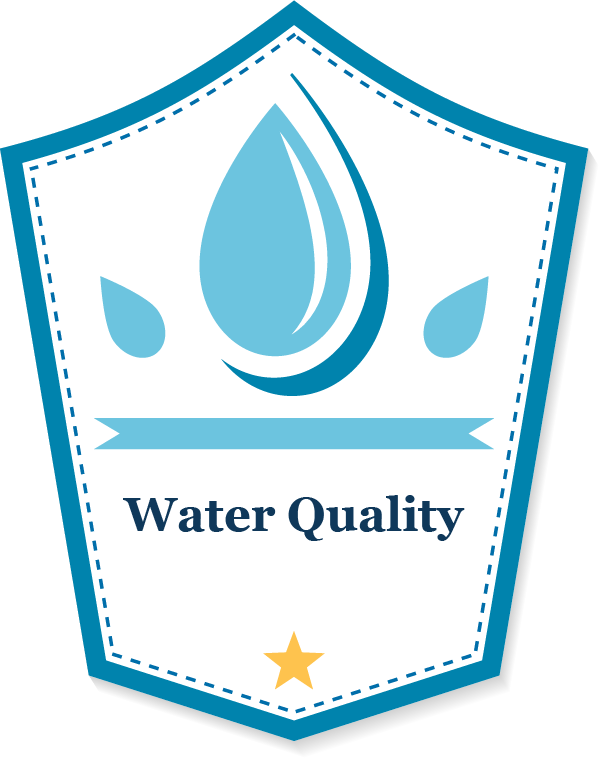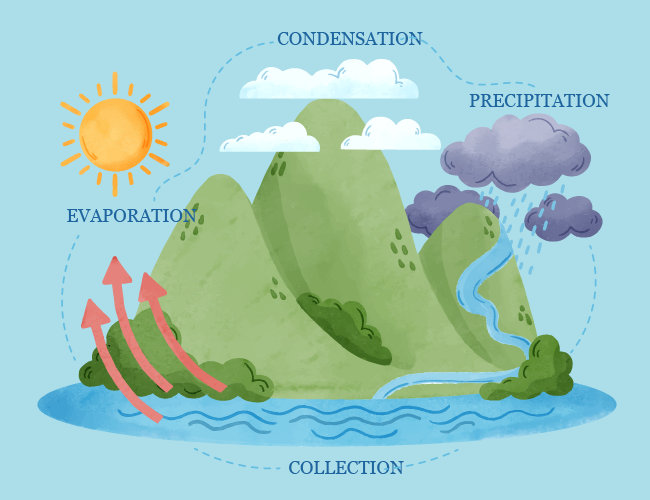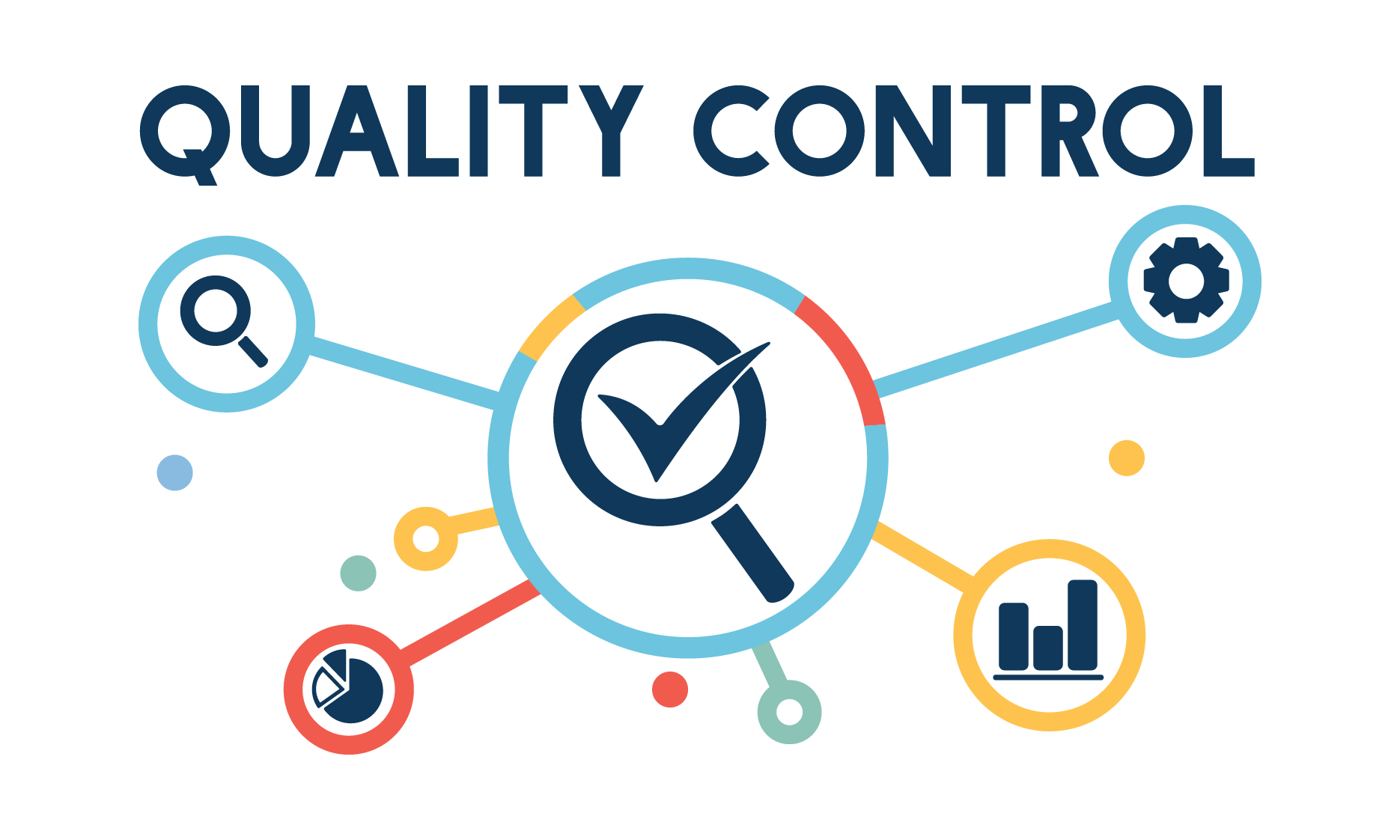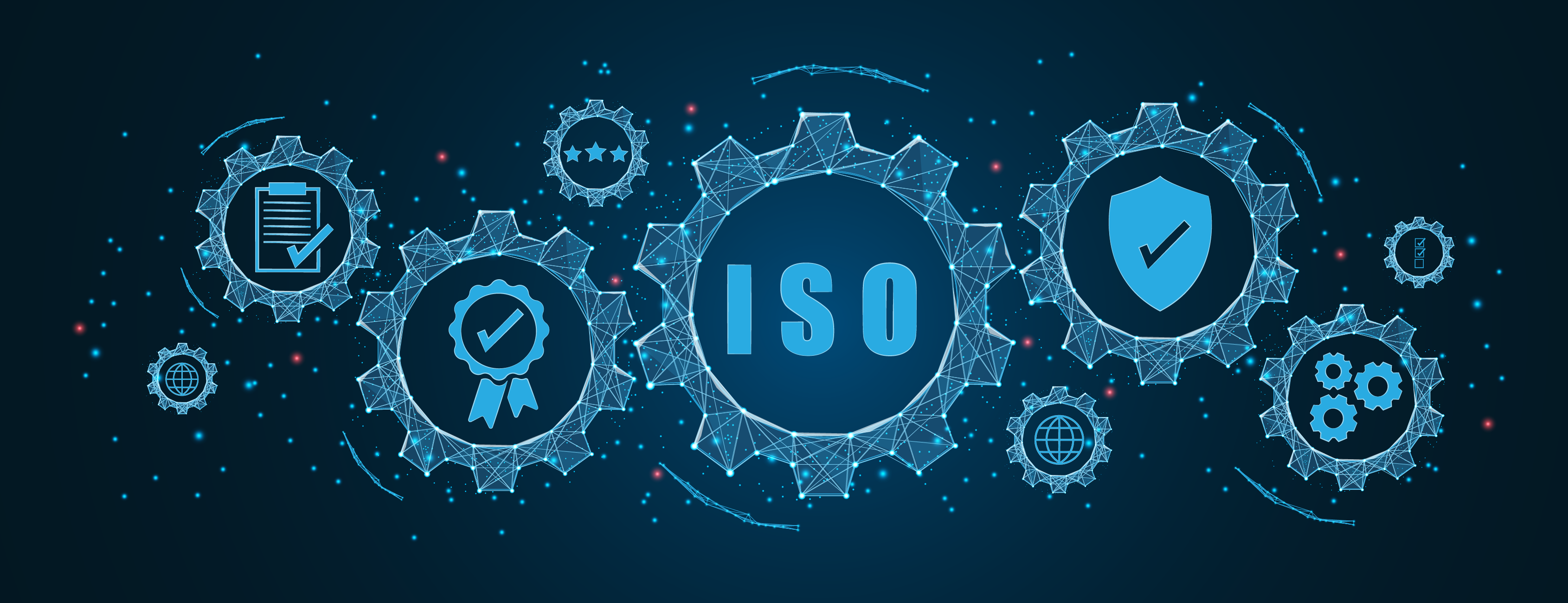Water Quality Analysis copy 1
مخطط الموضوع
- Module 0: Getting Started
Module 0: Getting Started

Summary
In this course, you will be prepared to understand the definition, concepts, and main parameters of water quality as well as factors affecting the quality of water resources. You will gain skills in performing water sampling and understanding the condition and trends of Egypt's water quality.
You will gain hands-on training through performing various field and lab procedures of water sampling and determination of water quality parameters, data presentation and interpretation, and writing technical reports after acknowledging the procedures, and calculations of the determination of different water quality parameters to conduct field or laboratory measurements. You will put your understanding of quality assurance and quality control to use.
In addition to applying basic mathematical models to explain fluctuations in water quality, you will investigate the various types or categories of water quality indicators and use them to evaluate the status of water sources' water quality. You will be prepared to accurately identify the main idea, the significance, and the instrument for measuring and interpreting each water quality parameter through in-class instruction and laboratory experiences.
You will also be able to use a variety of analytical techniques on water quality data and interpret the results to produce a thorough report.
Finally, you will be able to recognize water quality surveillance in small-scale water supply areas.By the end of this course, you will be able to:
- identify principles, theories, and specialized knowledge in water quality analysis;
- define water quality and its related parameters and indices;
- calculate water quality parameters and indices related to specific water quality issues;
- implement quality assurance and control of water quality analysis data; and differentiate between the temporal and spatial variations of water quality.
- Module 1: Introduction to WQA
Module 1: Introduction to WQA
Summary
By the end of this module, you will be aware of the different compartments of the hydrologic cycle, identifying the different uses and functions of water in Egypt.
In addition, you will be able to define water quality and analysis parameters that will determine the quality of water used. You will be presented with the status and trends of water quality in Egypt as well as the factors affecting water quality.
By the end of this module, you will be able to:
identify the different components of the hydrologic cycle;
classify the water uses and functions in Egypt;
distinguish the identifiers for water quality analysis;
recognize the status and trends of water quality in Egypt; and
categorize the factors affecting water quality.
Please go through the module components in order for the best learning experience.
- Module 2: Water Sampling
Module 2: Water Sampling
Summary
Water sampling is a crucial step in assessing the quality of water for various purposes, such as drinking, irrigation, recreation, or industrial use. Water quality can vary depending on the source, location, season, and other factors that affect the physical, chemical, and biological characteristics of water.
Therefore, it is important to collect water samples that are representative of the water body and the intended use.
In this module, you will learn about the basic principles and methods of water sampling, and how to plan and conduct a water sampling campaign. You will also learn about the factors that influence the quality and reliability of water sample analysis, such as sampling frequency, timing, location, preservation, transportation, and analysis.
By the end of this module, you will be able to:
define sampling method, sampling technique, and sample preservation;
list types of water samples, sampling methods, sample containers, and sampling tools or devices;
plan for sampling a water source or facility; and
determine the suitable sampling methods and techniques for sampling different water sources or facilities and their preservation.
Please go through the module components in order for the best learning experience.
- Module 3: Quality Assurance and Quality Control of Water Analysis
Module 3: Quality Assurance and Quality Control of Water Analysis

SummaryBy the end of this module, you will be able to identify quality management, assurance, and control. You will also classify the steps of quality assurance and recognize the cycle of quality control and quality control indicators.
In addition, you will be able to identify the precision and accuracy of data, and differentiate between other estimates of quality assurance, and identify types and relative frequency of errors in the different phases of the total testing process.
Moreover, you will be able to recognize quality control issues and their possible causes, distinguish problems leading to loss of analytical control and the concept of quality management and standards for accreditation of general Laboratory materials and equipment, and differentiate between internal and external quality control.By the end of this module, you will be able to:
- identify quality assurance and quality control;
- differentiate between precision and accuracy in addition to types and sources of errors; and
- recognize steps of laboratory accreditation.
Please go through the module components in order for the best learning experience..
- Module 4: Physical Water Quality Parameters
Module 4: Physical Water Quality Parameters
By the end of this module, the students will be able to identify water quality parameter types and select the parameters for particular water uses. They will test the physical parameters of water quality parameters and can be tested or monitored based on the desired water physical parameters of concern. Summary
SummaryThey will be able to establish the properties of the quality of natural water sources used for different purposes should be established in that most affect the possible use of water.
By the end of this module, you will be able to:
- identify types of water quality parameters;
- recognize how to select the parameters for specific water uses;
- ascertain the conventional chemical analysis techniques;
- identify the physical, chemical, and microbiological aspects of water quality;
- distinguish the accuracy of field measurements;
- determine the physical parameters of water; and
- identify the definition, the main concept, the importance, and the instrument for measuring and interpreting each physical parameter.
Please go through the module components in order for the best learning experience.
